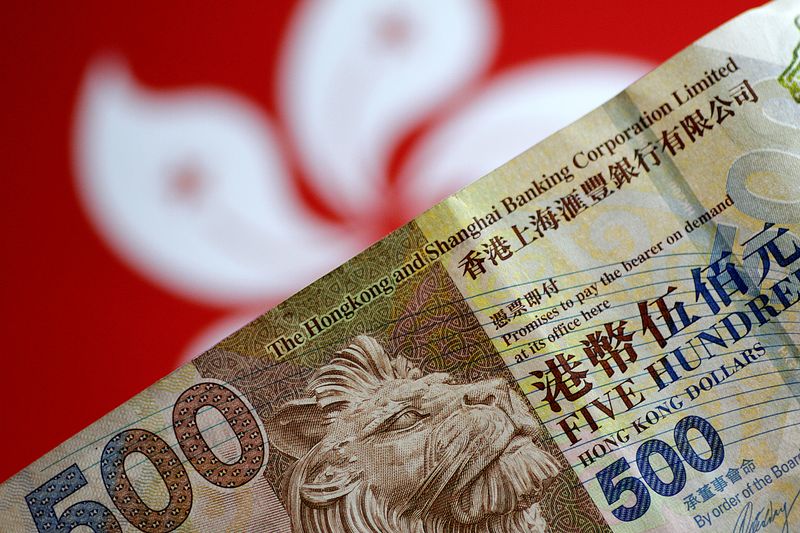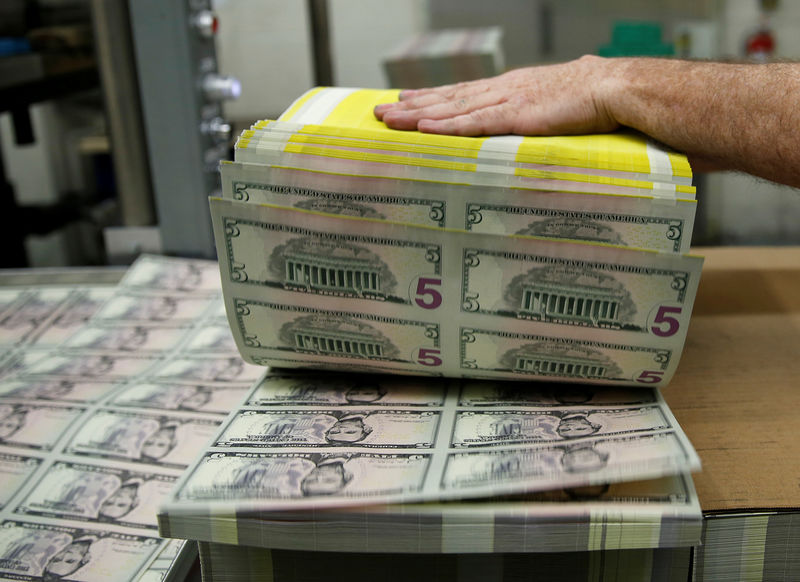HONG KONG/SHANGHAI (Reuters) – Hong Kong has no intention and sees no need to change a system that pegs the city’s currency to the U.S. dollar in a tight band and has the ability to protect it, Hong Kong’s de facto governor said, the central bank said on Thursday.
Eddie Yue made the announcement amid recent strength in the Hong Kong dollar, which rose to a 3.5-year high against the US currency last week, not far from testing the strong end of the system’s trading range.
Under Hong Kong’s Linked Exchange Rate System (LERS), the financial center’s currency is limited to a range of 7.75 to 7.85 per US dollar, and the Hong Kong Monetary Authority (HKMA) is committed to intervening to maintain this range.
“Despite recent interest in LERS and even speculation regarding potential geopolitical turmoil, the Hong Kong dollar market continues to operate smoothly as intended by LERS,” Yue said in a statement published on the HKMA website.
“And let me repeat: we have no intention and see no need to change LERS.”
The financial center has significant foreign exchange reserves of over $420 billion, about 1.7 times its monetary base, which Yue said means “ensuring the smooth functioning of LERS at all times.”
A number of factors, including seasonal funding shortfalls, buying by mainland Chinese investors and higher dividend payouts by listed companies, contributed to tight liquidity in Hong Kong and supported the currency, traders and analysts said.
Yue said the HKMA pays close attention to discussions about the exchange rate system, which has survived numerous economic cycles and numerous financial crises.
“For Hong Kong, a small, open economy and a major international financial centre, exchange rate stability is critical,” Yue said, refuting the view that a stronger Hong Kong dollar along with the US dollar would hamper the city’s economic recovery.
Analysts Barclays (LON:) expect the Hong Kong dollar to remain at 7.75 per dollar in January, but is expected to weaken thereafter.

“We believe global factors are likely to keep sentiment muted and supportive, particularly following the positive momentum from dividend payouts by Hong Kong-listed companies and (as) IPO activity fades,” it said in a note published this week.
“Onshore buying of Hong Kong shares may continue due to a lack of better investment alternatives, but a longer-term increase in demand for Hong Kong dollars will require more foreign participants to buy Hong Kong shares.”


